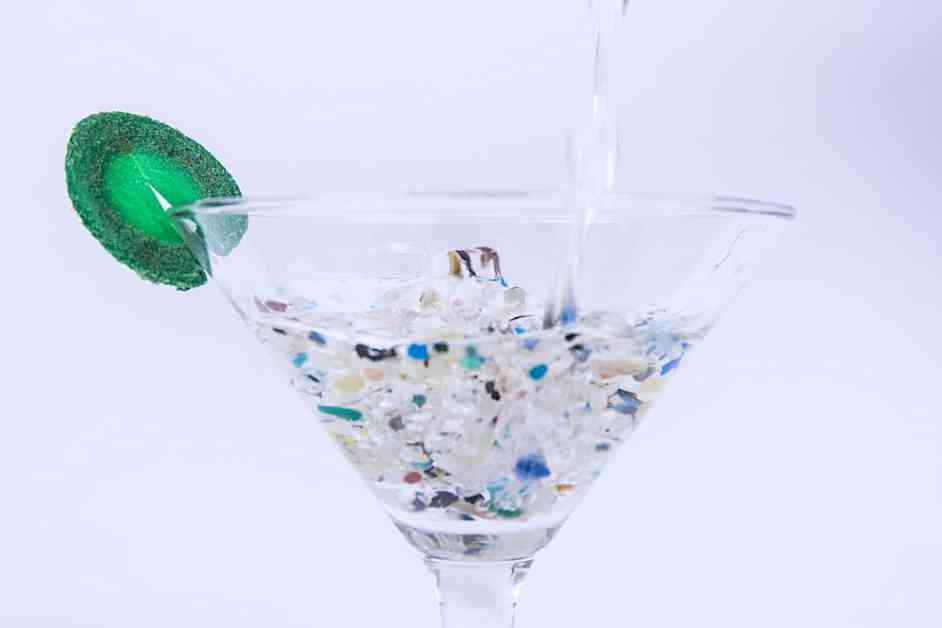Microplastic Exposure Poses Numerous Health Risks
A recent report led by researchers at the University of California San Francisco (UCSF) and the Natural Resources Defense Council (NRDC) has shed light on the dangers of microplastic exposure on human health. The study, which analyzed nearly 3,000 recent studies published between July 2022 and April 2024, found that exposure to microplastics can have detrimental effects on digestive, reproductive, and respiratory health.
Health Risks Associated with Microplastics
The findings of the study revealed that microplastics exposure has been linked to various health risks, including an increased risk of colon cancer, damage to sperm and testicles, and lung injury or inflammation. The researchers narrowed down their review to include 31 studies, with most focusing on the health effects of round microplastics made from polystyrene. These studies highlighted the potential hazards posed by microplastics on the digestive tract, reproductive system, and respiratory system.
Dr. Tracey Woodruff, a professor of obstetrics, gynecology, and reproductive sciences at UCSF, likened microplastics to particulate matter air pollution, emphasizing the harmful nature of this type of pollution. Humans could be ingesting about 5 grams of plastic per week, equivalent to the weight of a credit card or a plastic bottle cap. While scientists have conducted numerous studies on the links between microplastics and health impacts, there is still much to learn about the extent of these potential hazards.
Widespread Presence of Microplastics
Microplastics, which are pieces of plastic less than 5 millimeters in diameter, can be found in various sources such as bottled water, tap water, seafood, honey, produce, rice, and tea bags. These plastics may be intentionally produced, like conventional glitter, or may be secondary microplastics resulting from the degradation of larger plastic pieces. As plastic breaks down in the environment, microplastics can be released into the air from larger plastic items or even car tires.
Call for Action and Further Research
In response to these alarming findings, the authors of the study have called for increased governmental policies to reduce microplastics pollution in the environment. They have recommended legislation to ban the intentional addition of microplastics to products and have urged for more funding for research into the risks associated with microplastics exposure.
Nicholas Chartres, the first author of the study, emphasized the importance of immediate action to prevent further exposure to microplastics and the associated health harms, including colon and lung cancer. The call to action extends to regulatory agencies, policy leaders, and state authorities to address the growing evidence of health risks posed by microplastics.
As we navigate the complexities of environmental pollution and its impact on human health, it is crucial to stay informed and advocate for sustainable practices that protect our well-being and the planet we call home.














